Prime Minister Justin Trudeau has accused India of making a “massive mistake” that Canada could not ignore if Delhi was behind the death of a Sikh separatist leader last year on Canadian soil.
Trudeau made the comments two days after Canadian officials accused India of being involved in homicides, extortions and other violent acts targeting Indian dissidents on Canadian soil.
After Canada levelled the accusations on Monday, both countries expelled top envoys and diplomats, ramping up already strained tensions.
India has rejected the allegations as “preposterous”, and accused Trudeau of pandering to Canada’s large Sikh community for political gain.
On Wednesday, India hit back angrily again and called Trudeau’s behaviour “cavalier”.
“Canada has presented us no evidence whatsoever in support of the serious allegations that it has chosen to level against India and Indian diplomats,” foreign ministry spokesperson Randhir Jaiswal said in a statement.
“The responsibility for the damage that this cavalier behaviour has caused to India-Canada relations lies with Prime Minister Trudeau alone.”
In his remarks before a public inquiry looking into foreign interference in Canadian politics, Trudeau had criticised India’s response to the investigation into Hardeep Singh Nijjar’s killing in June 2023.
According to Trudeau, he was briefed on the murder later that summer and received intelligence that made it “incredibly clear” that India was involved in the killing.
He said Canada had to take any alleged violation of its sovereignty and the international rule of law seriously.
Mr Nijjar was shot and killed in Surrey, British Columbia. He had been a vocal supporter of the Khalistan movement, which demands a separate Sikh homeland, and publicly campaigned for it.
At the time, however, Canada’s intelligence did not amount to hard evidence or proof, Trudeau told the inquiry.
Police have since charged four Indian nationals over the Mr Nijjar’s death.
Trudeau said he had hoped to handle the matter “in a responsible way” that didn’t “blow up” the bilateral relationship with a significant trade partner, but that Indian officials rebuffed Canada’s requests for assistance into the probe.
“It was clear that the Indian government’s approach was to criticise us and the integrity of our democracy,” he said.
Shortly after he made the allegations public, saying in that September that Canada had “credible allegations” linking Indian government agents to the murder.
The prime minister also added on Wednesday more detail to further allegations released this week by the Royal Canadian Mounted Police (RCMP).
The police force took the rare step of publicly disclosing information about multiple ongoing investigations “due to significant threat to public safety” in Canada.
RCMP said on Monday there had been “over a dozen credible and imminent threats to life” which “specifically” focused on members of the pro-Khalistan movement.
Subsequent investigations had led to police uncovering alleged criminal activity orchestrated by government of India agents, according to the RCMP.
Trudeau said the force made the announcement with “a goal of disrupting the chain of activities that was resulting in drive-by shootings, home invasions, violent extortion and even murder” in the South Asian community across Canada.
India has vehemently denied all allegations and maintained that Canada has provided no evidence to support its claims.
The RCMP and national security advisers travelled to Singapore last weekend to meet Indian officials – a meeting the RCMP said was not fruitful.
Following Monday’s allegations from Canadian officials, the UK and US urged India to co-operate with Canada’s legal process.
On Wednesday, the British Foreign Office said in a statement that it is in contact with Ottawa “about the serious developments outlined in the independent investigations in Canada”.
The UK has full confidence in Canada’s judicial system,” the statement added.
“The Government of India’s co-operation with Canada’s legal process is the right next step.”
The US, another close Canadian ally, said that India was not co-operating with Canadian authorities as the White House had hoped it would.
“We have made clear that the allegations are extremely serious and they need to be taken seriously and we want to see the government of India co-operate with Canada in its investigation,” said spokesperson Matthew Miller at a US State Department briefing on Tuesday.
“Obviously, they have not chosen that path.”
Canada’s foreign minister, Melanie Joly, has said that Ottawa is in close contact with the Five Eyes intelligence alliance – comprising the US, UK, Canada, Australia and New Zealand – on the matter.

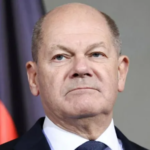
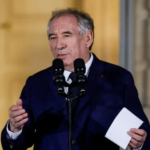
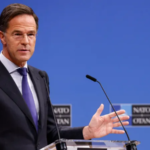
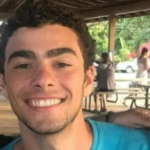


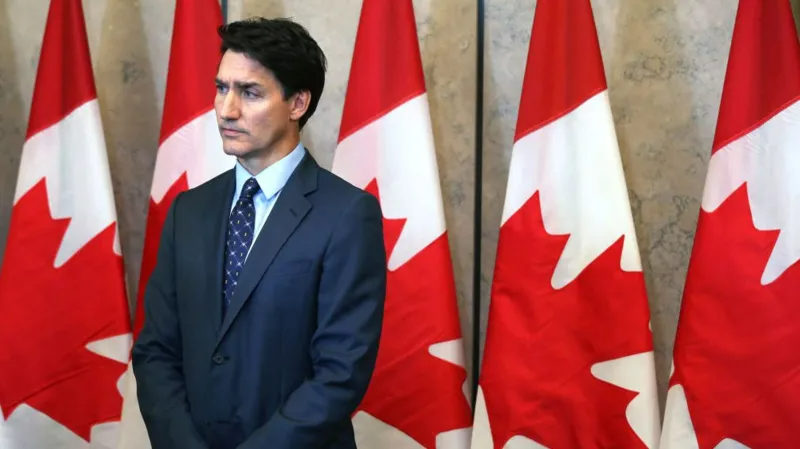
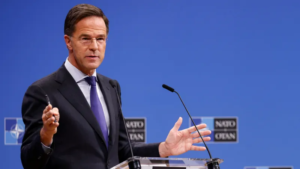
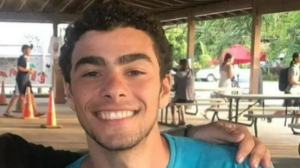
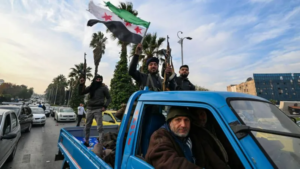

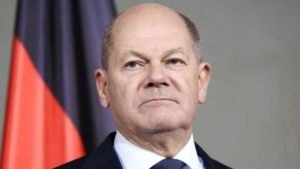
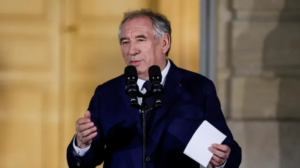
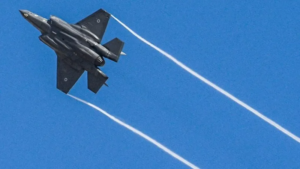
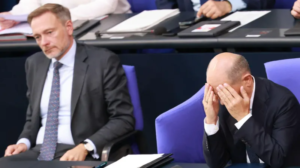

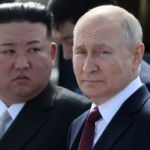
+ There are no comments
Add yours